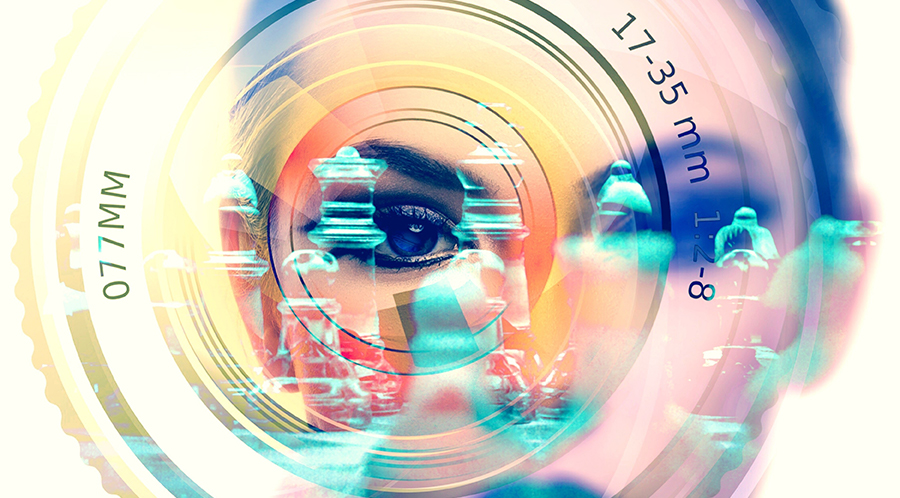
Facing multiple crises all at once
Vanda Vitali, Ph.D.
Over the past several months, a number of trying challenges all around the world have been impacting our national and international museum community, all at once.
The pandemic has forced us to change our behaviour and our practices. The closure of museums, the introduction of protective measures and social distancing have modified how we interact and socialize, and the ways we do our work. This crisis has affected museums in all aspects of their functioning, from the way we greet visitors to the way we carry out our programs or research, organize our presentations and exhibitions, take care of our collections, or communicate with our colleagues, our public, and the world.
With this pandemic came an economic depression that significantly impacted budgets at every level. And, this pandemic impacted the museum. Many of our places suffered considerable economic hardship. Some had to lay off staff permanently, some had to close forever. Many had to downsize, and many had to reduce their programming. A UNESCO/ICOM study published in May, after surveying some 1600 museums and places from 107 countries, suggested that 90% of world’s museums have faced temporary closures, and estimated that 1 in 8 museums worldwide would close permanently. This widespread economic crisis continued as the world entered a recession, which has directly and indirectly impacted a museum’s ability to earn revenue and raise funds. Emergency funding relief of some $53 million from the Canadian government helped in the short term, although the longer-term impact still needs to be assessed and addressed.
Social outrage brought on by police brutality, and manifested particularly through Black Lives Matter, has been demanding that society re-examine its own thinking and its actions. For example, some museums have been asked to house certain monuments. These, and other social justice considerations, particularly those referring to Indigenous populations, require Canadian museums to examine their practices, policies, and their use and interpretation of collections in general. Turning social outrage into movements that produce significant and needed change and meaningful results takes time, coordinated efforts, and a lot of compromise.
The International Council of Museums has recently faced its own crisis: its inability to arrive at an updated definition of museums. A worldwide consensus of what that definition should be in the 21st century, particularly in face of accelerated change and a very rapidly evolving world, still has to be achieved.
Dealing with these crises is going to take considerable thinking, coordinated effort, but also some government action. Core funding of museums will need to be addressed by the Department of Canadian Heritage so that museum-places, which are essential social and educational institutions, remain resilient to crises, and capable of expanding their delivery online. Budgeting and lawmaking will also be essential to further the issue of social justice.
Accelerating social change, combusting with multiple concurrent challenges, necessitates several types of dialogue, information gathering, creative envisioning, and critical scrutiny of institutional missions and priorities. Museums will need to examine their many practices and activities. Reforming professional standards may be necessary to face our newly changing world as it is shaped by the impact of powerful new technologies. Canadian museums will need to come together to shape a New National Museum Policy Framework that would strengthen the sector by unifying and focusing its mission and work. Our museums across Canada will also need to engage their imagination in order to create forward-looking programs that will be judged on the significance of their social relevance and impact in keeping with their important role and community needs. We have entered a different world, and we must be proactive and creative. Museums must preserve their status as most trusted institutions.
We are all together in this epic crisis, we must take advantage of what we are learning — let’s not let the moment go to waste. M